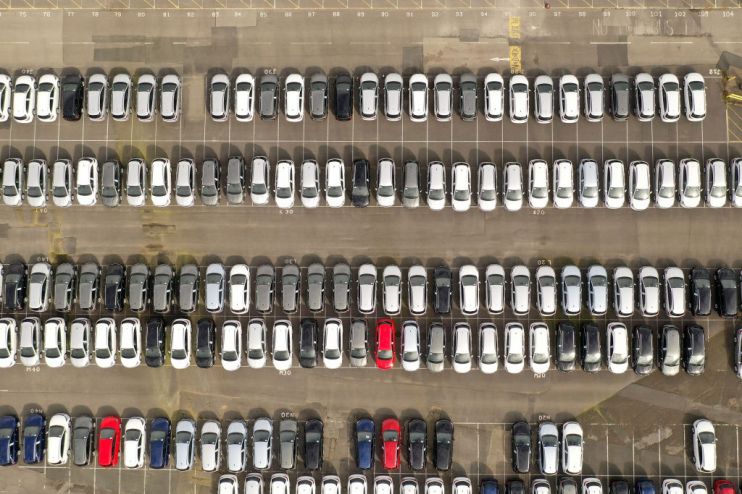Worst January since 2009 for UK automotive production

Last month was the worst January since 2009 for the UK automotive production, figures from the Society of Motor Manufacturers and Traders (SMMT) showed.
Car production fell 20.1 per cent to 68,790 units – 17,262 vehicles down compared with the same time last year. Domestic and overseas production slumped to 30.8 and 17.5 per cent, with Europe remaining the largest destination for UK cars, followed by China and the US.
Post-Brexit arrangements as well as the pandemic’s impact and ongoing semiconductor shortages were the main motives behind the steep decline.
“It’s another torrid start to the year as global supply issues and structural changes squeeze output while model changes impact production scheduling,” said SMMT’s chief executive Mike Hawes.
“Long-term recovery can only be delivered, however, if global competitiveness is assured and for that we must address both inflationary and fixed costs, most obviously escalating energy prices, but also fiscal and trading costs.”
Electric vehicle (EV) emerged unscathed, as EVs now account for one in 11 cars made in the UK, with production rising 37.6 per cent to 6,326 units.
Commenting on the data, KPMG’s head of automotive Richard Peberdy wondered about the weight sky-high inflation rates will bear on demand.
“The start of 2022 has certainly provided car makers with more confidence than this time last year in the industry’s ability to avoid paused production lines, closed showrooms and staff isolating,” he said.
“But they will be pondering whether the cost of living squeeze, which includes rising fuel prices and energy costs, begins to slow the demand that currently outpaces supply.”
Following January’s output, analysts have lowered production expectations by 2.4 per cent to 979,000 units – still a 14.4 per cent increase on 2021’s outturn.